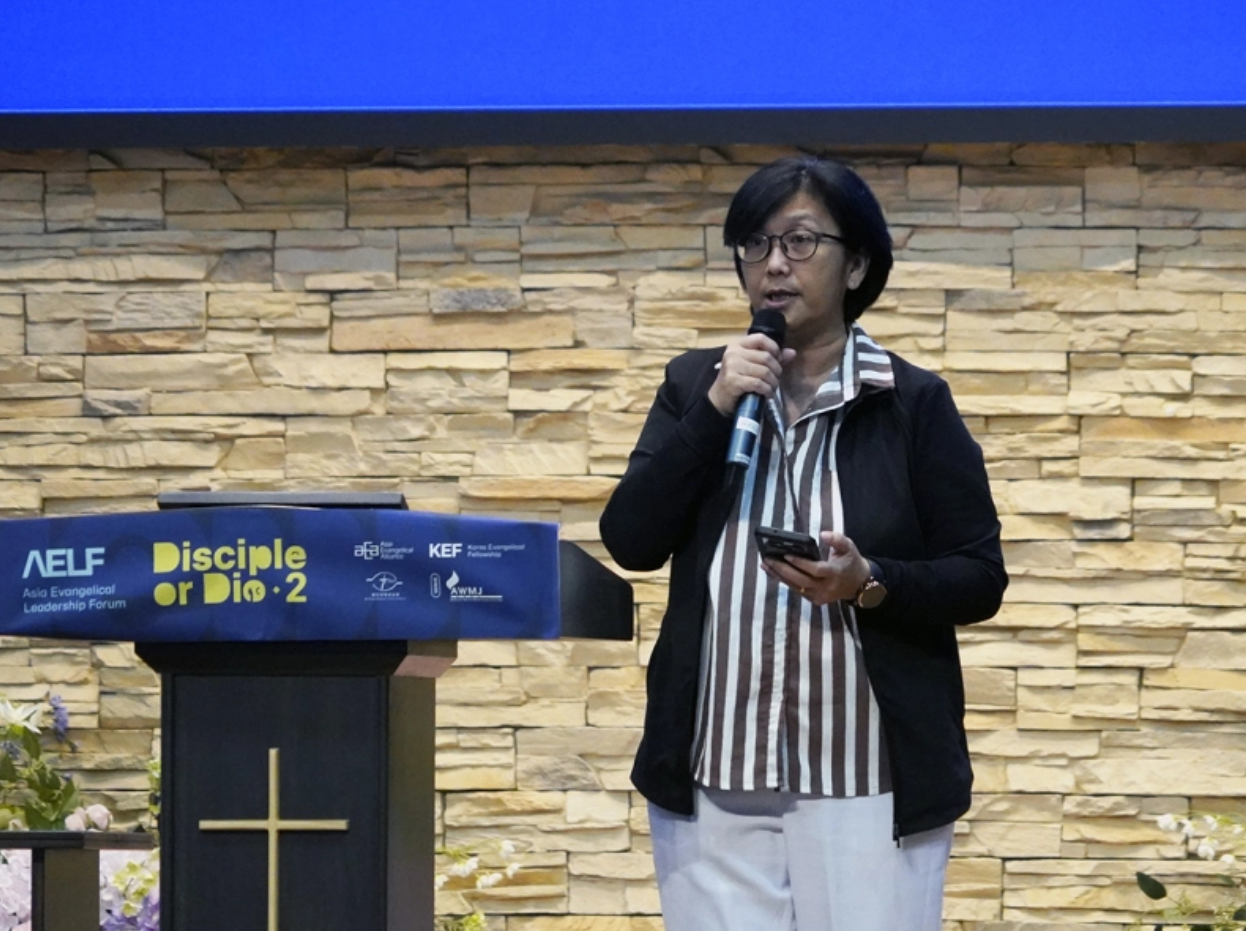Why is the Evangelical Alliance opposing proposals to end conversion therapy?
The Government’s 2018 LGBT Action Plan set out its intention to end conversion therapy in the UK. Proposals on how the Government will do this are now imminent.
In the four-year action plan, and in recent parliamentary statements, the Government has sought to reassure churches and other faith groups that such a policy would not restrict people from being able to seek spiritual support.
We are engaging with the policy to ensure that this aspect is sustained and that, in banning conversion therapy, religious freedom is not compromised. Some campaigners, most notably Ban Conversion Therapy, have argued for a wide-ranging and expansive definition of conversion therapy. They say:
“Any form of counselling or persuading someone to change their sexual orientation or behaviour so as to conform with a heteronormative lifestyle or their gender identity should be illegal, no matter the reason, religious or otherwise – whatever the person’s age”.
We consider that such a definition poses a substantial threat to the freedom of Christians to practise everyday aspects of their faith. It puts ministers in jeopardy when they preach, and church members at risk when they pray for each other.
New laws based on a definition as above put Christians at risk of prosecution for preaching an orthodox position on sexuality and for praying for a fellow church member.
But isn’t conversion therapy about forcing someone to change their sexuality?
There are many practices that are a shameful aspect of our history, and Christians should express profound regret for any part they have played in perpetuating the stigma, discrimination and harm towards people because of their sexuality.
Some of the stories that have been shared about the abuse people have experienced because of their sexuality and efforts to change it are horrific, and we thoroughly support moves to stamp out any such practices.
We believe that in most cases these are already covered by the criminal law, and if not, we support measures to clarify and strengthen legislation.
However, those who want conversion therapy practices banned are not solely motivated by accounts of forced electroshock treatment or corrective rape. Recent debates in parliament and media comment make clear that efforts to promote or encourage an orthodox approach to marriage and sexuality would be in scope of such a ban, and religious settings would explicitly targeted.
We oppose all coercive efforts regarding sexual activity, and this includes forced conversion therapy activities.
However, where an individual chooses to seek pastoral and prayer support, we believe that the best approach is to allow them the support they want to respond to their sexual orientation and desires in a way they choose. For Christians, this means that they are able to live in accordance with their beliefs.
Second, we see in the proposals a direct threat to Christian teaching and practice regarding marriage and sexuality. Suggestions have been made that policies to end conversion therapy should cover activity that represses or supresses someone’s sexuality or gender identity. This poses a very real threat to church teaching, discipleship activities and prayer ministry; even a conversation between two friends could fall foul of such a law. Anything that is viewed as persuading someone not to act on same-sex attraction – i.e. promoting chastity outside of heterosexual marriage and fidelity within – is at risk.
What is the Evangelical Alliance doing?
We have written to the Prime Minister and other relevant government departments to raise our concerns, reiterating our opposition to abusive and coercive practices but cautioning against policy proposals that will affect the religious liberty of churches and individual Christians, and the freedom of those who experience same-sex attraction to respond in a way that they choose.
We are anticipating that the Government will shortly set out their policy plans in this area and at that point we will engage more specifically with what is being suggested.
We will endeavour to stand clearly for the freedom of Christians to continue to practise our faith. We will also respond with compassion and recognition of where our engagement has harmed rather than helped.
What can I do?
We would encourage you to contact your MP and share your concerns about the effect that plans to address conversion therapy could have on the everyday practices of Christians and churches.
Please pray for those affected by abusive practices, that they will experience healing and restoration. Pray for those struggling with and looking for help and support to live in accordance with their beliefs.
Pray for Christians worried about how to faithfully and graciously love and care for people around them as Jesus calls them to.
As more details around this policy area emerge, we will produce further resources and information to support you and encourage you to engage with government on this issue.
Danny Webster is the head of advocacy of the UK Evangelical Alliance (EAUK). This article was first published on the website of the EAUK and re-published with permission.
This article was originally posted here
Evangelical Alliance UK is a member of the World Evangelical Alliance. To learn more visit EA UK




